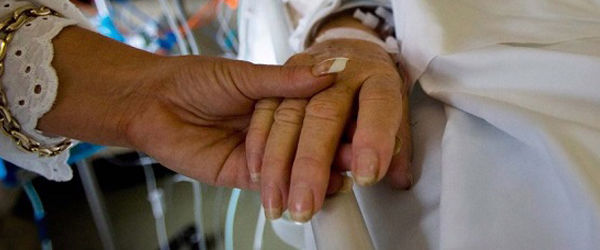The Gospel reading for this Sunday, the Tenth in Ordinary Time, is found only in Luke (7: 11-17) and describes one of three times in Scripture when Christ raises someone from death. (The other two: Jairus’ daughter in Luke 8: 41, and Lazarus in John 11: 1-43.)It is preceded (Luke 7: 1-10) by Jesus healing the centurion’s servant — from a distance. The centurion has, through his friends, professed his unworthiness, but also great faith when he says, “Just give the order and my servant will get well.” Christ is both surprised and pleased by the centurion’s faith, and the servant is healed.The truly miraculous healing, however, comes “soon afterward” when Jesus nears the small village of Nain (in Hebrew, “pleasant place”), a town mentioned only once in all the biblical texts. Jesus’ gesture of compassion brought back to life not just the man but also his mother.The disciples and a “large crowd” accompany Christ as he approaches the gate of the town, for many of them had witnessed his healing of the servant. However, there is a large funeral procession coming through the gate headed by a woman, a widow who was in sorrow over the death of her only son. Her fate would be desperate, for a widow with no support had sparse hopes for a future.But she does not speak. Moved by pity, Christ says to her, “Do not weep,” and steps forward to touch the coffin.The bearers quickly halt and Christ says to the dead person, “Young man, I tell you, arise!” Christ’s actions were highly unusual — first to touch the coffin, then to command the dead man to life. Yet, as the Gospel story relates, the dead man “sat up and began to speak,” and Jesus gave him to his mother. That gesture of compassion brought back to life not just the man but also his mother. The crowd who witnessed the miracle exclaims: “A great prophet has arisen in our midst,” and the report spread through the whole of Judea. This miracle is one of the three times in Scripture when Christ raises someone from death. The account of the widow of Nain also foreshadows the death of Jesus, also the only son a widow, the Blessed Mother. Entrusting his mother Mary to his disciple, John, Jesus ultimately proves his divinity in his resurrection, just as he proved his miraculous power at Nain.

